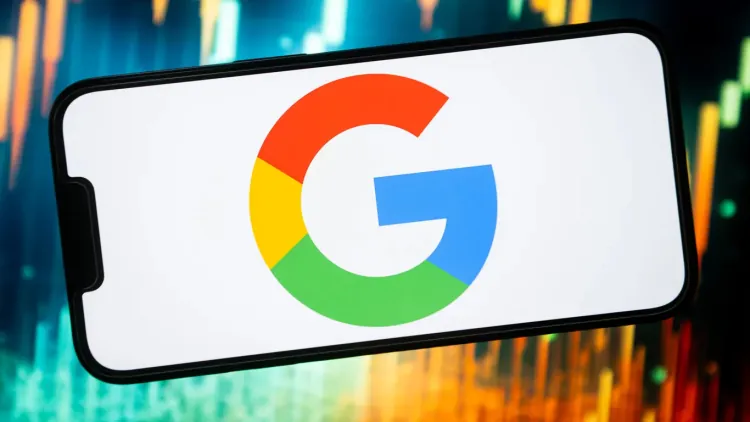Ex-Google Engineer Faces Charges for AI Trade Secret Theft
A former Google engineer is charged with stealing AI trade secrets, highlighting the threat to American intellectual property.

Introduction
In a significant development that underscores the ongoing battle over intellectual property and the risks posed by international espionage, a former Google software engineer, Linwei Ding, has been formally indicted for allegedly stealing critical AI technology secrets. These revelations have sparked considerable concern within the intelligence and defense sectors, particularly regarding the implications for American security and the global competitiveness of U.S. tech firms.
Outline for Easy Navigation
- The Charges Against Linwei Ding
- The Significance of the Theft
- The Mechanism of the Theft
- Reactions from the Justice Department and FBI
- Google's Response and Security Measures
- FAQs
The Charges Against Linwei Ding
Linwei Ding faces serious accusations in federal court in California, with four counts of federal trade secret theft leveled against him. Each count could result in up to a decade of imprisonment. Allegedly, Ding engaged in the unauthorized extraction of "over 500 confidential files containing AI trade secrets" from supercomputing data centers operated by Alphabet, Google's parent entity, starting in 2022.
The Significance of the Theft
This case is not just about the theft of proprietary information; it's a glaring reminder of the strategic competition in the global tech landscape. U.S. officials have long voiced concerns over attempts by foreign adversaries, notably China, to acquire American intellectual property, particularly in areas like AI that are pivotal to both economic and military supremacy.
The Mechanism of the Theft
Ding reportedly utilized a personal Google Cloud account to facilitate the theft of sensitive files. Intriguingly, his actions coincided with offers from Chinese tech firms, including a chief technology officer position at an AI startup and the foundation of another venture aimed at developing advanced AI models through supercomputing technology.
Reactions from the Justice Department and FBI
The U.S. Department of Justice, under Attorney General Merrick Garland, has emphasized its commitment to protecting American technological innovations from foreign theft. The case against Ding is part of a broader initiative led by the DOJ's Disruptive Technology Strike Force, highlighting the government's prioritization of safeguarding critical tech sectors.
Google's Response and Security Measures
Following an internal investigation into the unauthorized access and extraction of proprietary information, Google took swift action by referring the case to the FBI. Google spokesperson José Castañeda expressed the company's gratitude towards the FBI for their assistance in protecting its intellectual property, underscoring Google's dedication to maintaining rigorous security protocols.
FAQs
Q: What is trade secret theft? A: Trade secret theft involves the unauthorized acquisition, use, or disclosure of confidential business information that provides a competitive edge.
Q: How does this case affect Google and the tech industry? A: This case highlights the persistent risks of intellectual property theft and the need for robust cybersecurity measures within the tech industry.
Q: What measures can companies take to protect their intellectual property? A: Companies can implement strict access controls, regular security audits, employee training on data protection, and swift legal action against breaches.
Conclusion
The indictment of Linwei Ding for stealing AI trade secrets from Google serves as a stark reminder of the continuous threats facing American technology firms. As the U.S. and its adversaries vie for technological dominance, safeguarding intellectual property becomes increasingly crucial. This incident not only highlights the challenges of protecting sensitive information but also underscores the importance of collaboration between corporations and law enforcement to defend against espionage and intellectual property theft.
For further insights and updates on protecting your intellectual property, visit our resources at Kiksee Magazine.
Explore more about Google's security measures and the importance of cybersecurity in safeguarding intellectual property.
What's Your Reaction?





















